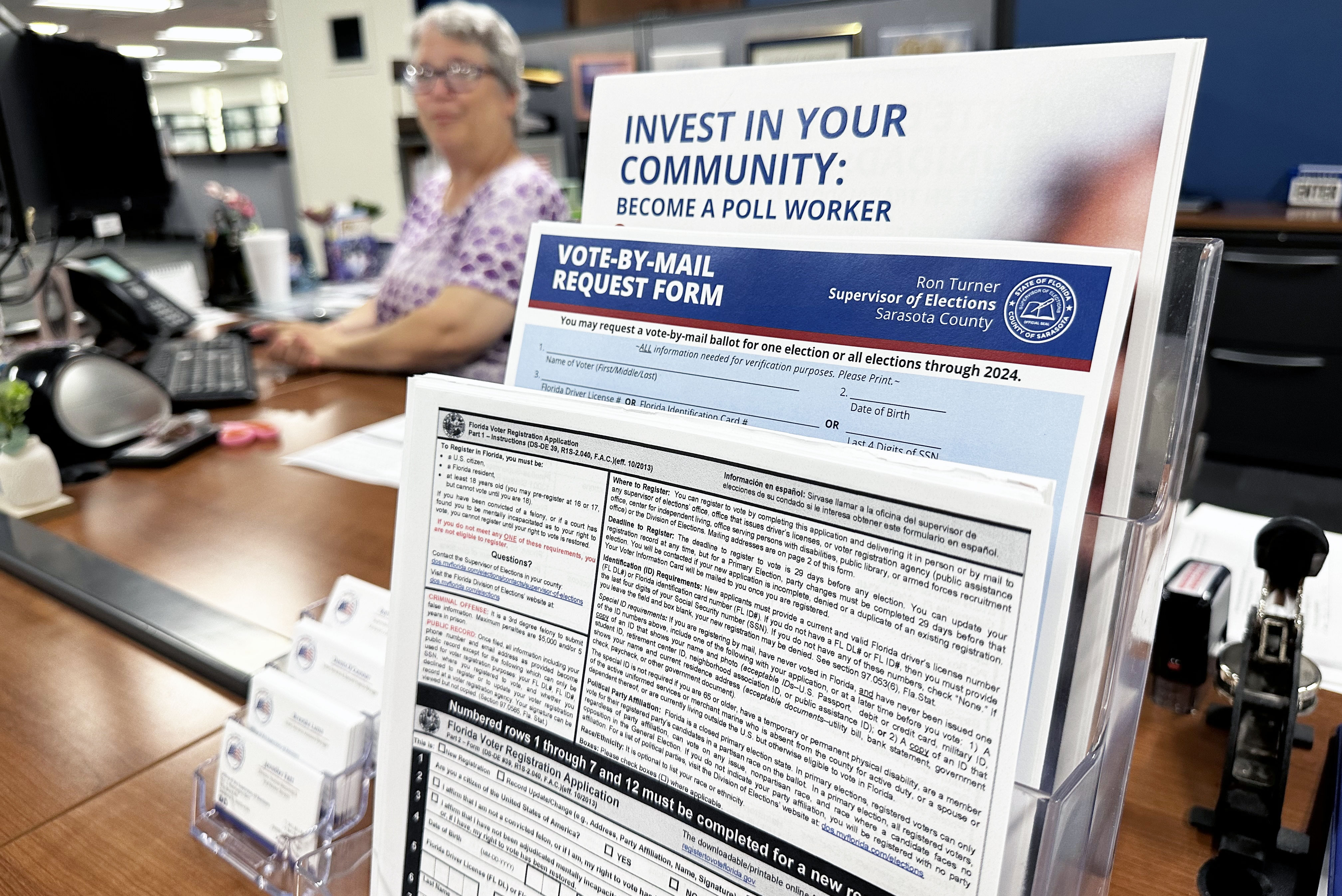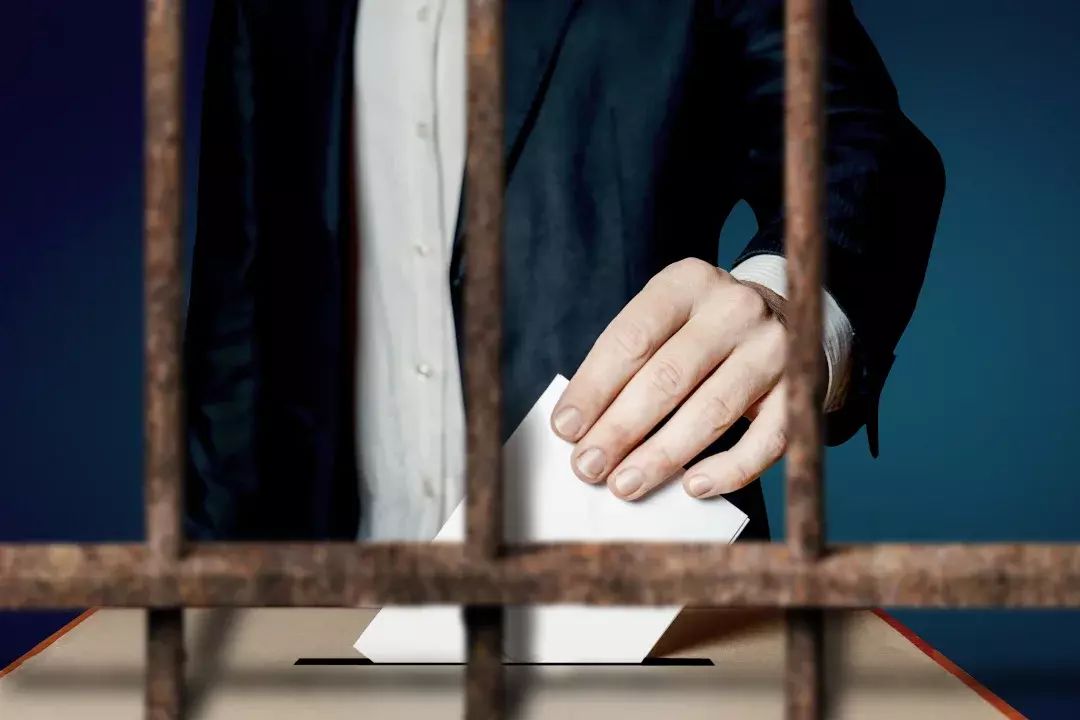How Safe is Your Vote?

U.S. election processes are in for deeper scrutiny, thanks to a new designation as "critical infrastructure."
Image: Shutterstock
Sarasota County Supervisor of Elections Ron Turner says he can pinpoint the day everything changed for American elections: Nov. 7, 2000. Before that, says Turner, “People registered to vote, voted and most people never questioned it [the outcome].” News footage of Florida officials puzzling over whether a butterfly ballot had been punched correctly put an end to that trust.
Turner, 48, was appointed supervisor of elections in DeSoto County in 1994, when he was just 25. He managed the office through the 2000 imbroglio before moving to Sarasota for a job with former Sarasota supervisor Kathy Dent. He won the top post after she stepped down last year.
He believes the 2000 debacle ended up improving election systems. “It strengthened our processes,” he says.
But skepticism about those processes has mushroomed. On the left, there’s concern about the ways gerrymandering and voter suppression can skew electoral results. Those worries have increased with President Donald Trump’s Advisory Commission on Election Integrity, chaired by a Kansas official who’s fought to limit voting rights. On the right, people worry about voter fraud, bolstered by the president’s unsupported claim that 3 to 5 million people voted illegally in 2016.
A sign of the paranoid times: At a town hall at the Van Wezel Performing Arts Hall in March, one woman urged Sarasota’s Republican congressman, Vern Buchanan, to look into reports that Democrats had transported 3 million Puerto Ricans to Florida to vote illegally in last fall’s elections. When some audience members laughed and booed (after all, didn’t Trump win Florida?), the woman told them she’d seen the reports and so could they. “Go to YouTube,” she insisted.
Is voter fraud widespread in Sarasota? No. Turner, a Republican, says his office is dealing with one “active case” of possible fraud. And during her 16 years in office, Dent, his Republican predecessor, found only a single case of fraud that led to a prosecution.
Turner is still new to the Sarasota office, and he’s careful to avoid what he terms “advocacy.” When asked about Trump’s election commission and its request for data on Florida voters, including the last four digits of their Social Security numbers, Turner points out that his office has little control over that information. Florida’s voter registration roll is managed by the state; local supervisors simply access and update the database as new registrations come in. Nonetheless, he’s hearing from angry voters about Trump’s commission. Some have told him they want to unregister to keep their data out of the hands of the federal government.
Good luck. Florida’s expansive public records laws, some of the most open on earth, mean that anyone—Anderson Cooper, Trump, Vladimir Putin—can request basic information from the voter rolls, such as your name, address, date of birth, party registration and the elections in which you’ve voted. No one can access your Social Security number, your driver’s license number or your signature or find out how you voted, but there are few other limitations. At least one website regularly obtains and publishes Florida’s entire voter registration roll.
While the state is responsible for the voter registration system, Turner is tasked with securing the county’s voting machines. The devices are kept in locked facilities monitored by cameras; regulations bar individuals from being left alone with the machines. And since the machines are never connected to the internet, the possibility of a security breach is small. Sarasota is one of only three counties in Florida that doesn’t work with VR Systems—the Tallahassee elections equipment and management company targeted by Russian hackers last August, according to a leaked National Security Agency report. Perhaps because it doesn’t work with VR, the Sarasota office did not receive phishing emails like other counties.
U.S. election processes are in for deeper scrutiny, thanks to a new designation of election systems as “critical infrastructure” by the Department of Homeland Security, putting elections on par with banks, the power grid and other essential systems. “What that means, we don’t know yet,” Turner admits.
Since local governments run elections, every national cycle involves between 7,000 and 8,000 individual election agencies. A hacker might break into one county’s computers, but the odds of broader disruptions are low, Turner says.
Convinced? If you’re like most Americans, probably not. Trust in American institutions has tumbled to new lows, and the bottom is not yet in sight.



